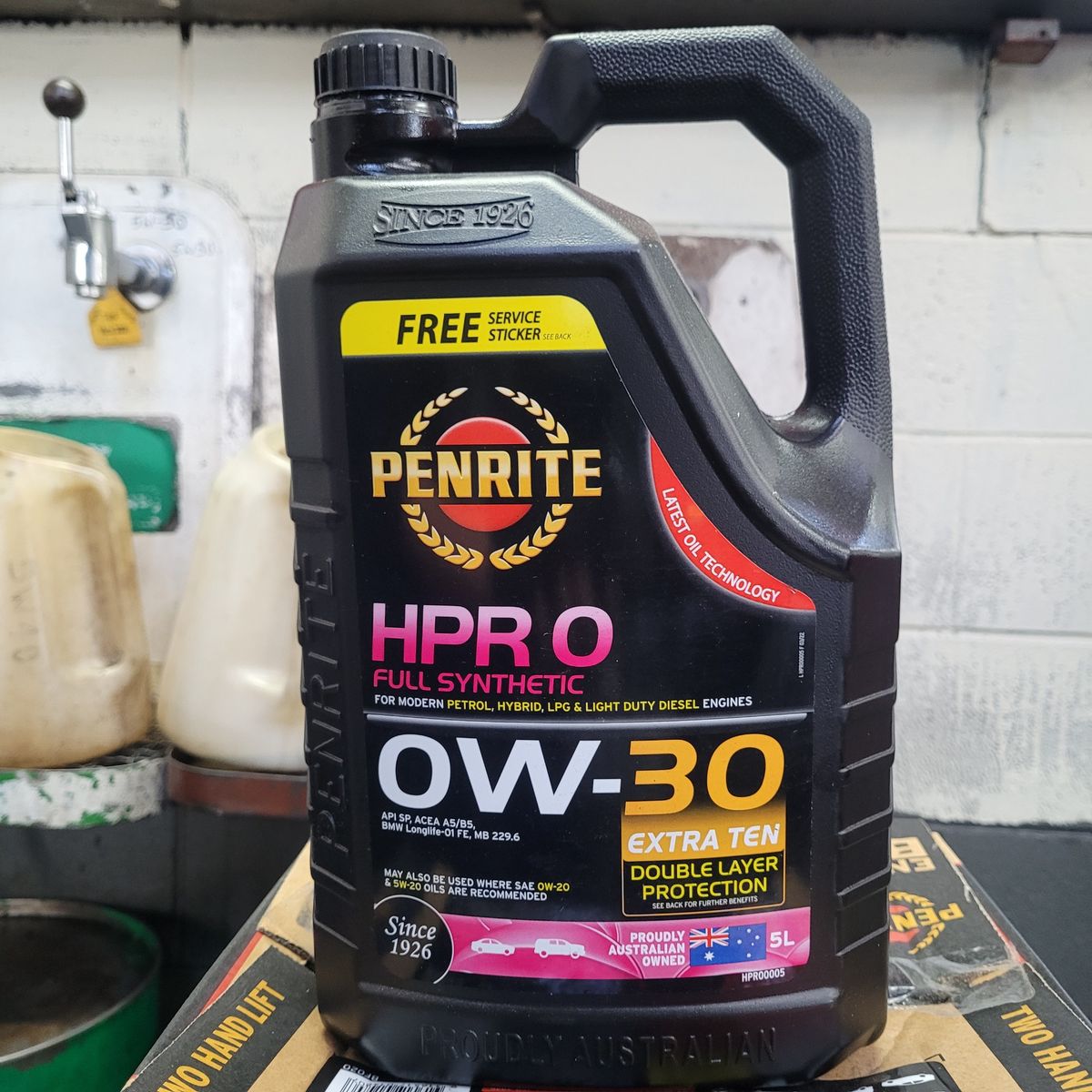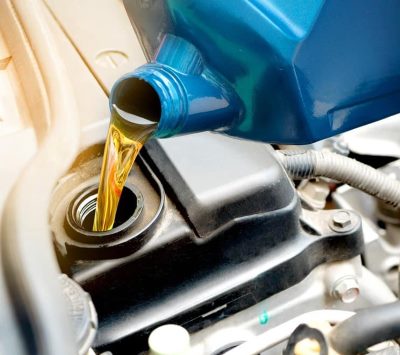Firstly, why is oil important?
Your car’s engine has many moving parts, which work together to power your car. Oil has the important job of lubricating these parts. Lubricated engine components are able to move easily, with little to no friction. This keeps the engine in good condition and increases its lifespan significantly.
Learn more about how engine oil works >
When to change your car’s oil:
Over time, your engine’s oil becomes dirty and contaminated. This is due to small bits of metal that wear off the engine’s surface during its operation. When oil becomes dirty with metal and carbon, it loses its lubricating properties, resulting in increased friction occurring. Friction creates high levels of heat, which can wear engine components at a very accelerated rate. For this reason, it is important that you change your car’s oil according to its maintenance schedule. Most mechanics will recommend that you change your car’s oil every 10,000 km or once a year, whichever comes first.
Symptoms of oil due for a change:
Often, people rely solely on mileage to determine when their oil needs changing. However, mileage is often just used as a broad guideline for when to get an oil change. It is important to recognise the symptoms of oil that is due for a replacement or leaking.
- Engine Oil appears black or dirty – The darker the colour of the oil, the dirtier it is. You can check the colour of your oil using the engine’s dipstick. This will also allow you to check oil levels and determine if any oil is leaking from your engine.
- Engine Oil is thick and sludgy – if your engine oil is thick and sludgy, it probably means the oil is very dirty and may have been contaminated with carbon from the engines combustion process.
- Loud engine noise – Oil creates a protective layer between engine parts, which allows the engine to operate quietly. If you hear loud knocking or other engine noises, the oil may not be lubricating the engine properly. This can loud engine knocking noise can often be worst on first starting the engine.
- High engine temperature – If you don’t change your oil for a long time, you will begin to experience high engine temperatures. This can lead to the engine overheating if you are not careful.
- Oil light on dash – on some engines if your engine runs low on oil or the engine has low oil pressure then a red oil light (often as a symbol of an oil can or pourer) will light up on the dash
Symptoms of oil leaks:
- Oil light on – The oil light will appear on your dashboard if your engine’s oil levels are running low.
- Oil puddles under the car – An oil leak can cause oil to form as a puddle under your vehicle.
- Smoke from under bonnet – When this oil drips on to the exhaust, it can also burn which can lead to the danger of a fire while driving or after you stop driving.
- Strong oil burning smell – When this oil drips on to the exhaust, it can also get very hot but may not catch on fire which can lead to a strong oil smell while you are driving.
- High engine temperature – A lack of oil will result in the engine parts creating excess friction and heat. This will increase the overall temperature of your car’s engine
Car Oil Changes / Services in Hamilton
Is your car due for its next service (including an oil change)? If so, we can help! At Grimmer Motors, our team of experienced mechanics can easily carry out professional car servicing (including change the oil and filter) in your car. For the best value, we offer several servicing packages that help you to keep your car in the best condition.
For oil changes in Hamilton, contact Grimmer Motors today!
Book Now


